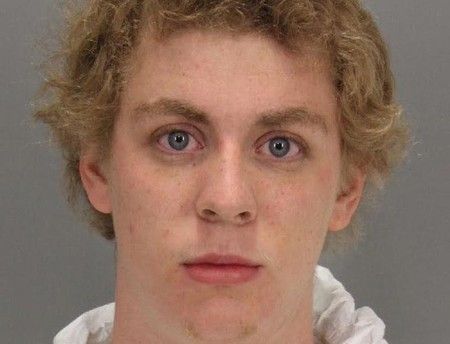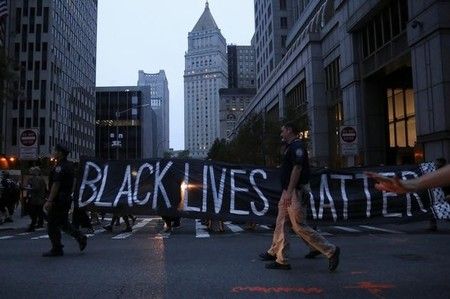Advertisement
California lawmakers move to change sentencing law following Stanford case

By Dan Whitcomb
LOS ANGELES (Reuters) – Seizing on a nationwide furor over the six-month jail term handed to a former Stanford University swimmer following his conviction for sexual assault on an unconscious woman, California lawmakers on Monday introduced legislation to close a loophole that allowed the sentence.
The bill, known as AB 2888, marks the latest response to the sentence given to 20-year-old Brock Turner by Santa Clara County Superior Court Judge Aaron Persky in June, which was widely condemned as too lenient. Prosecutors had asked that Turner be given six years in state prison.
“Like many people across the nation, I was deeply disturbed by the sentence in the Brock Turner case,” Assemblyman Bill Dodd, one of two California state legislators who introduced the bill, said in a written statement. “Our bill will help ensure that such lax sentencing doesn’t happen again.”
Turner was convicted of assault with intent to commit rape, penetration of an intoxicated person and penetration of an unconscious person in the January 2015 attack. Under California law, those charges are not considered rape because they did not involve penile penetration.
According to the lawmakers, current California law calls for a mandatory prison term in cases of rape or sexual assault where force is used, but not when the victim is unconscious or severely intoxicated and thus unable to resist.
The new legislation, which was introduced in the state assembly on Monday, would eliminate this discretion of a judge to sentence defendants convicted of such crimes to probation, said Ben Golombek, a spokesman for Assemblyman Evan Low, a co-author of the bill.
Golombek said that the effect of the proposed new law, which must still be approved by both houses of the legislature and signed by Governor Jerry Brown, is that Turner would have faced a minimum of three years behind bars.
The uproar over the sentence, fueled in part by the victim’s harrowing letter in which she detailed the assault in graphic terms, comes amid growing outrage over sexual assault on U.S. college campuses. It has also led to efforts to remove Persky from the bench.
(Reporting by Dan Whitcomb; Editing by Alan Crosby)











